Apr 6, 2020 | wedding planning
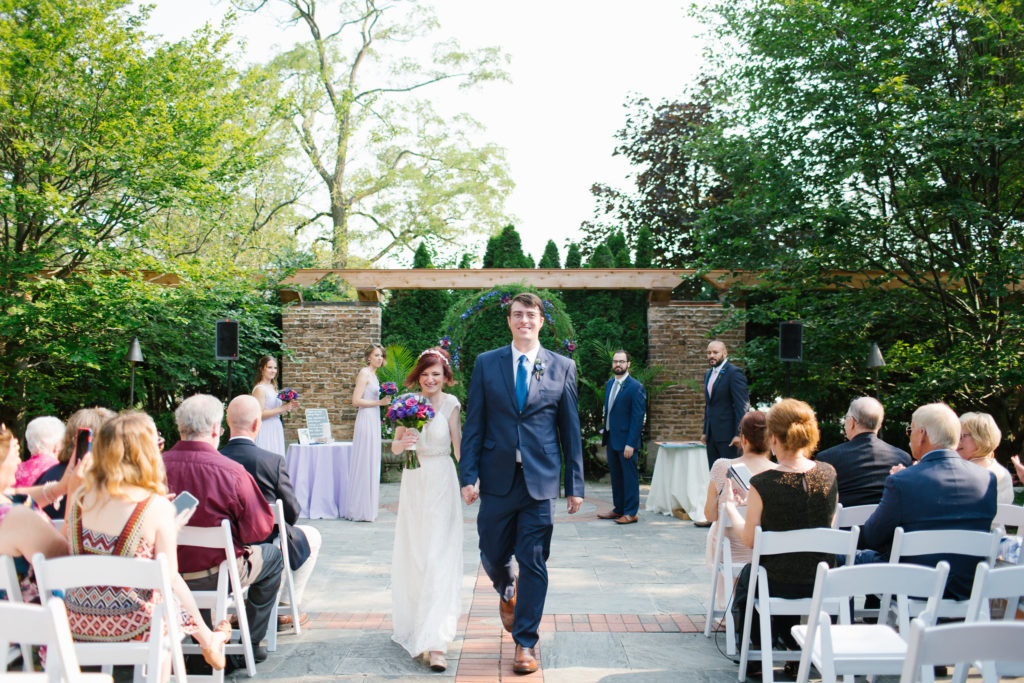
We may be looking at a lot of small, outdoor weddings like this one for the foreseeable future. Photo by Geneva Boyett Photography.
We’re in a time of tremendous uncertainty right now, and even the most perspicacious among us are having a hard time seeing the way forward. Since everything in the event planning world is on hold right now, I have spent a bit more time than usual going down internet rabbit holes to dig out the best data I can find. This is where my geeky side comes out. Yep, I’m your geeky wedding planner, and I’m proud of it! Here is some of what I have found.
If you want to see graphs based on solid data about the short-term projections for how things are likely to go, this website has the most detailed information I have found yet. You can look at the country as a whole or at your state only. There are some caveats about this information, however!
First, please don’t look at this and say to yourself, “Oh, this is all going to be over by June.” This is a short-term projection only and does not give any information about the next year or so, which is when things begin to get interesting. (More on that in a bit.)
Second, it is only a projection based on the best data available at the moment. There are a lot of unknowns in how this is going to unfold, and even the best projection may end up being erroneous in some way.
So, what happens after the first of June? Well, first of all this virus is not going to just go away. The first thing that may happen (at some point between the end of April and the end of May, depending on your state) is that stores may open again, many people may go back to work, and there may be some semblance of normal life returning.
I fully expect, however, that restrictions on gatherings over a certain size (10 people? 50 people? 100? who knows??) may remain in place for some time, at least in some locations. Since the virus will still be circulating in society and since only a small percentage of people will have developed immunity (assuming that people will develop immunity), we will still likely have to avoid situations where a lot of people could become infected. So, it may be possible to plan a wedding for this summer, but it is also possible that 250 guest lists will be out of the question, possibly for another year or so.
In a brighter scenario, in the next few months, the health care system could have more equipment and be better prepared for another onslaught. If that is the case, perhaps social gatherings (maybe with size restrictions) might be permitted again. Of course, then you still have to think about the health and well-being of your guests: Would it be wise to hold a large gathering if you think it might result in your guests being infected? Will you have to ask all your guests to wear face masks? Can you hold all the festivities outdoors, where it may (or may not) be safer to do so? Those are questions you may have to ask yourself if you want to get married this year.
There is also the question of airplane travel if you are inviting people from around the country or overseas. Right now (judging by how quiet the skies are over Chicago), airlines have cut back their flight schedules deeply. Will there be flights available from everywhere to your wedding destination? Will it be wise for your guests to travel?
Also, please keep in mind that, since in the US we lack any central planning or management of this crisis, the exact details of what will happen vary a lot by location. For an extremely detailed read about the various ways this might affect our future (and lot of other stuff, as well), this article has some great information and charts. The short version is that if your state closed things down early and completely, you are in a better position for recovery, both socially and economically. The states that waited the longest and have done the least will probably take the longest to recover.
Finally, a most important thing to consider, as we look forward: It is very likely that there will be another wave of this illness in the fall, perhaps starting as early as mid-September after schools open again (assuming schools open again in the fall on schedule). It’s unlikely there will be a vaccine until next spring at the earliest, so I think we have to assume that next winter there will be many more infections, and there may have to be more governmental actions to curb the viral spread again. So, if your best option for a wedding is in 2020, late July, August, and early September are your best bets. Those are already very popular dates, so consider Fridays, Sundays, mornings, and other off times if you want to be sure you can find a location and vendors you want. And plan for a smaller guest list. If you are able to postpone your wedding until 2021, you may face less uncertainty.
I wish I had better news for everyone. But I prefer to look the facts in the face and make rational decisions based on the best information available. It doesn’t make me popular, but it does mean I get to make good judgment calls a lot of the time. So, I hope you find this information valuable as you look forward. Remember, this, too, shall pass. If all goes well, we will be able to look forward to many happy occasions in 2021.
I thank Rebecca “Boo” Cardozo-Pfeiffer, JD, MPH, MOM, for her invaluable assistance in writing this article.
Mar 23, 2020 | wedding planning
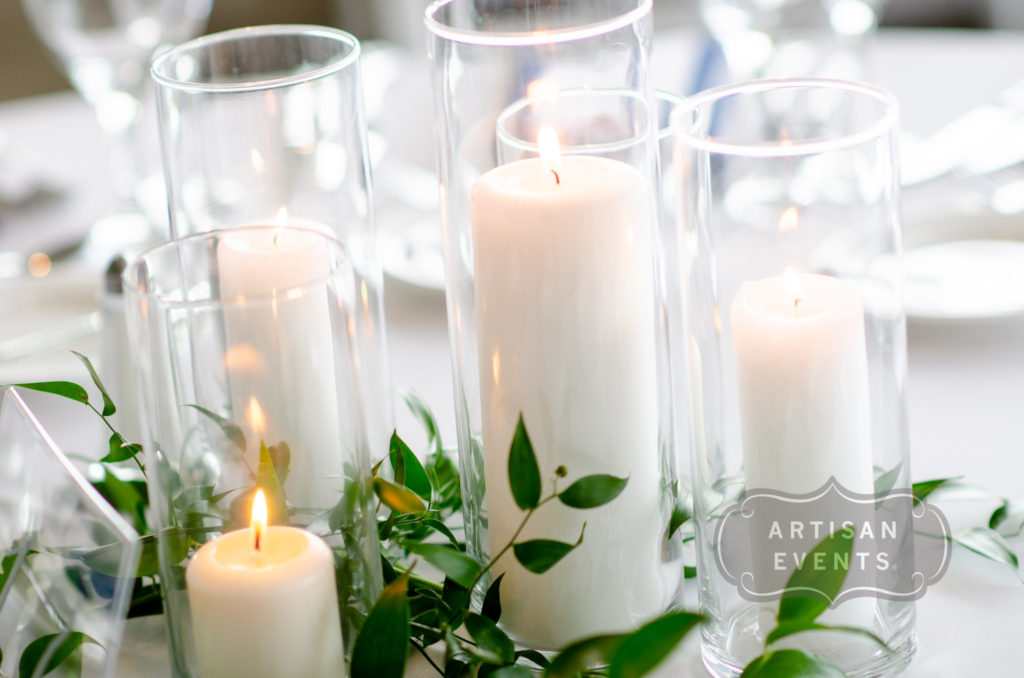
Photo courtesy of Artisan Events.
It’s heartbreaking how many people are having to reschedule their weddings and other events. (I understand that some families have even had to hold funerals via video conference.)
Planning a wedding is hard enough. Moving it to a new date is a whole new level of headache. There are so many things to consider: Are all your vendors going to be available? What dates are left? What day of the week should you schedule for? What months are likely to be the best ones this year? (Answer to that last one: No one knows. We’re all guessing based on whatever information we can find.)
If you find yourself in this situation and you don’t have a planner to guide you through the process, I want you to know that you are not alone. If you are willing to spend a couple hundred dollars (depending on how complex your wedding is), this is definitely a service I can offer you as an hourly consultation project.
I estimate that most weddings would take me less than 5 hours (some considerably less) to reschedule, including talking with you about your needs and priorities, reviewing your vendor list, contacting all your vendors, and helping you to choose a final date. Consultation is $50 per hour, so this would literally cost you a tiny fraction of your budget.
And if you work with me, you are eligible for my special discount: If you hire me for a consultation (two-hour minimum) between now and July 1 and then hire me for planning or coordinating for your 2021 wedding or for coordinating your 2020 wedding, I’ll give you a $50 discount off of planning/coordinating services.
The other thing to know is that you should not wait to reschedule if you still want to get married this year. A lot of people are in the same situation as you are, and dates are going to fill up. So, whether you are working on your own or with a planner, be sure to get on this soon!
Mar 16, 2020 | wedding planning
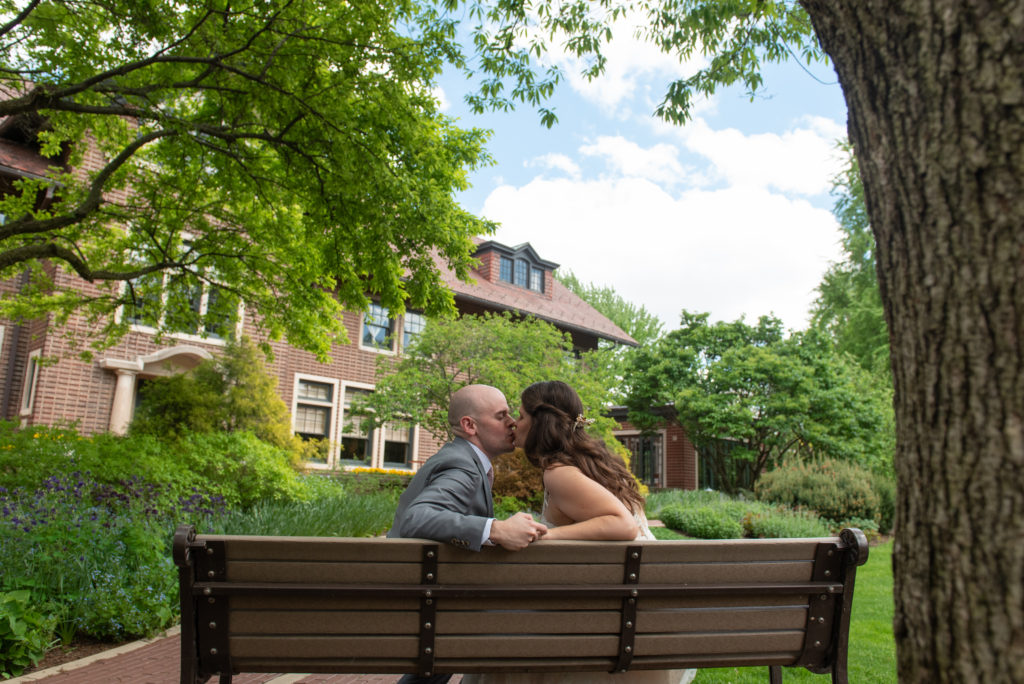
Dreaming about summer 2021. Photo by Chris Ocken
Copyright 2019 – https://www.ockenphotography.com/
A lot of people are looking at some time at home, either working from home or not working at all. Either way, you might have some extra time on your hands. And if you’re looking at a 2021 wedding, that might be some good news for you. (And we could all use a little good news right now!)
If you’re planning to get married next year and you are looking for things to fill your days, you can do some wedding planning right now. No, I don’t expect you’re going to rush out and visit venues this week, but there are things you can do.
If you haven’t done this yet, you can make a list of wedding planning tasks, with notes on when you should be working on each item. There are hundreds of these types of list available on the internet. Find one you like, and adapt it to your needs. (Spread sheets are going to be your friend in this project.) Set up a shared folder for planning purposes so both of you have access to it–and you can share it with your planner or coordinator if you hire one.
Also, work on your wedding budget. This can take some research, but if you have the time, now would be a great time to start doing that work and putting it together.
Have you started to research venues yet? Or caterers? This would be a great time to compile a list of all types of vendors, read reviews, compare costs and amenities, and get in touch with various vendors if you have specific questions. Find out which venues are available on your preferred date(s), and start to narrow down your list so you can visit a few when the time comes.
Finally, a shameless plug: If you want help with any of these tasks, you can hire a planner (such as, say, me!) for a consultation. I’m available by phone or Skype for planning meetings to get you off on the right foot. A two-hour planning meeting will cost you $100. (You can, as always, hire me for full planning, as well. I suggest planning for 2021 at this point.)
I also have a little bonus discount for you: If you hire me for a consultation (two-hour minimum) between now and July 1 and then hire me for planning or coordinating for your 2021 wedding, I’ll give you a $50 discount off of planning/coordinating services. How’s that for a little good news?
Mar 12, 2020 | wedding planning
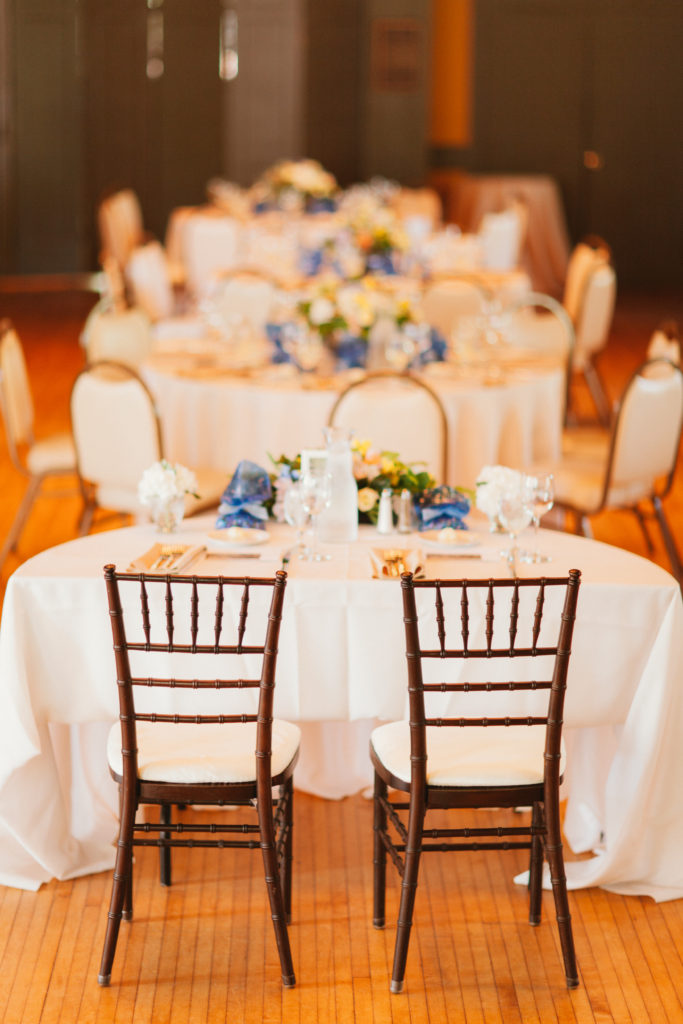
Photo by Studio Finch Photography, www.studiofinch.com
I’m a planner. I like to plan things and then stick to those plans. I am, however, also a realistic planner, so I know that plans change, and sometimes you just have to roll with the punches. This week is one of those times–in a very big way.
So, let’s say you have been planning a wedding in the US for sometime this spring or early summer. What do you need to be thinking of right now? I’ve been keeping tabs on the news, but I have to caution you that this is only my informed opinion and things may not play out the way I see them right now.
It’s anyone’s guess how long this disease will continue to spread. The best-case scenario I’ve seen is that it could be contained by sometime in the summer–if governments act now. No one wants to predict a worst-case scenario, but it would have to be sometime later than this summer. In any case, if you’re planning a wedding between now and July, you may have to be prepared for some changes.
For one thing, some locations (states, cities, metropolitan areas) have banned large gatherings, both public and private. In Chicago as of today, gatherings of over 1,000 people are prohibited for 30 days. Gatherings of over 250 people are strongly discouraged. If you have a large guest list, your wedding could fall in that second category, and you may have to postpone. If you haven’t sent out invitations yet, think seriously about downsizing your guest list. The smaller the gathering, the less risky it is.
But the other thing to think about is who is on your guest list. It’s generally agreed that older people are more at risk from the virus. As much as you want your grandparents and others of their generation at your wedding, you may need to have some serious conversations with them and let them know that if they need to keep themselves safe, you will understand and you won’t insist that they join you. There may be other people who want to be with you but who need to stay away to protect themselves. Be understanding with them. It’s better to have your dear ones safe than at your wedding.
If you have the time and the means to do so, consider setting up live streaming, at least of your ceremony, so that people who aren’t able to be there with you can participate. It’s not the same as being in the same room, but it is better than nothing.
The other thing you can do is to communicate with all of your guests and tell them to please stay home if they are not well. If you let them know that you would rather they not attend if they are sick, I hope they will agree.
And then there’s the very worst case scenario: Having to postpone or cancel your wedding. Pretty much everyone in the wedding industry is aware that we are going to have to make some accommodations for our clients. Talk to your vendors and ask about their policies for postponing your wedding if it becomes necessary to do so. At least in Chicago, most vendors are being flexible and willing to rebook for a later date at no extra cost. (Some are charging rebooking fees.) Ask about specific policies and make sure they are spelled out in your contracts if you haven’t signed them yet.
And my last bit of advice? Wash your hands frequently with soap and hot water for at least 20 seconds. Don’t touch your face. Do get plenty of rest and exercise, eat as healthy a diet as you can manage, and do whatever you need to do to keep your stress level under control. It’s always better to be prepared, be careful with your health, and change your plans than to be sick.
Feb 17, 2020 | wedding planning
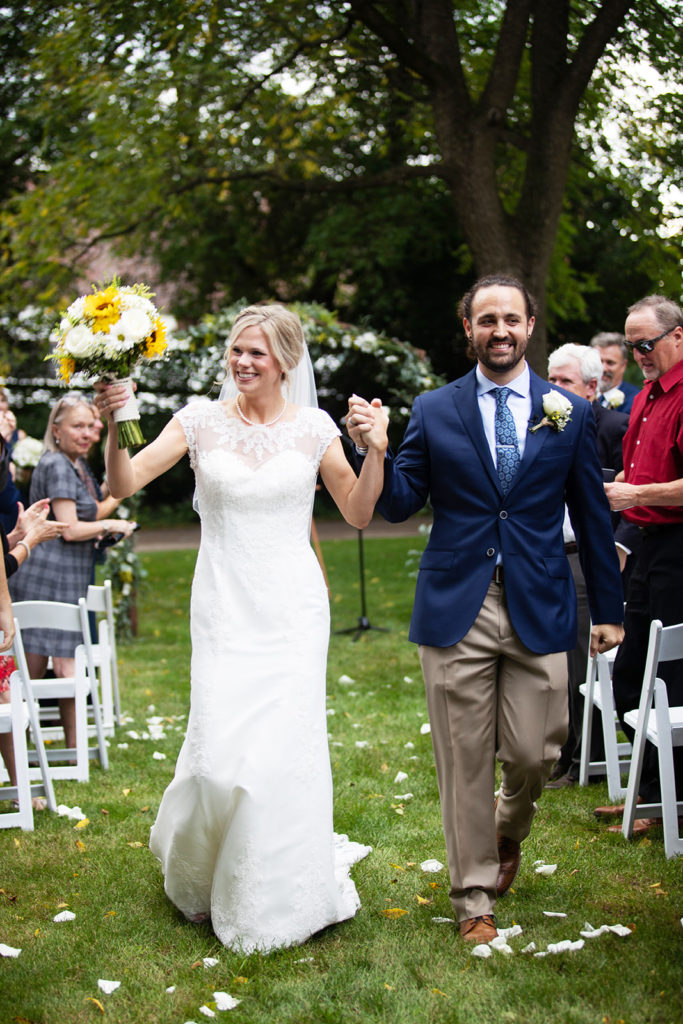
Labor Day weekend is a great time to get married, like this fall country wedding. Photo courtesy of kellyjophoto.com.
Here’s something I get asked all the time: Is it a good idea to schedule a wedding for a holiday weekend?
There are lots of Monday holidays in this country, resulting in 3-day weekends for a lot of people, many of whom may be the very ones you want to have at your wedding. If a lot of your guests are going to be coming from out of town, then sometimes scheduling the event for a holiday weekend is a great idea, because it allows people to visit for a little longer and makes it easier for them to actually be there with you.
On the other hand, airfares may be higher on high travel days, which might be a problem for some people. And there may be those among your guests who already have plans for a long weekend. Neither of these has to be a deal-breaker, but if you are planning a wedding for a holiday weekend, it’s a good idea to give your guests as much advance notice as possible.
Also, you may be thinking that you can save some money by scheduling the wedding for the Sunday of a holiday weekend. Sunday rates at venues are typically lower than Saturday rates, but–sorry!–the venues are already ahead of you on this one. Most of them charge the same for Saturday and Sunday of a holiday weekend.
But if you do decide on a holiday weekend, Sunday is often a good choice for the convenience of your out-of-town guests. They can travel on Saturday and Monday, if they can’t get time away during the week.
On the whole, I tend to say that holiday weekends are a good choice, especially if you have guests coming from far away. They are often popular times, though, so if that’s the direction you are going, be sure to book your venue and other vendors early.
Feb 10, 2020 | About me, wedding planning
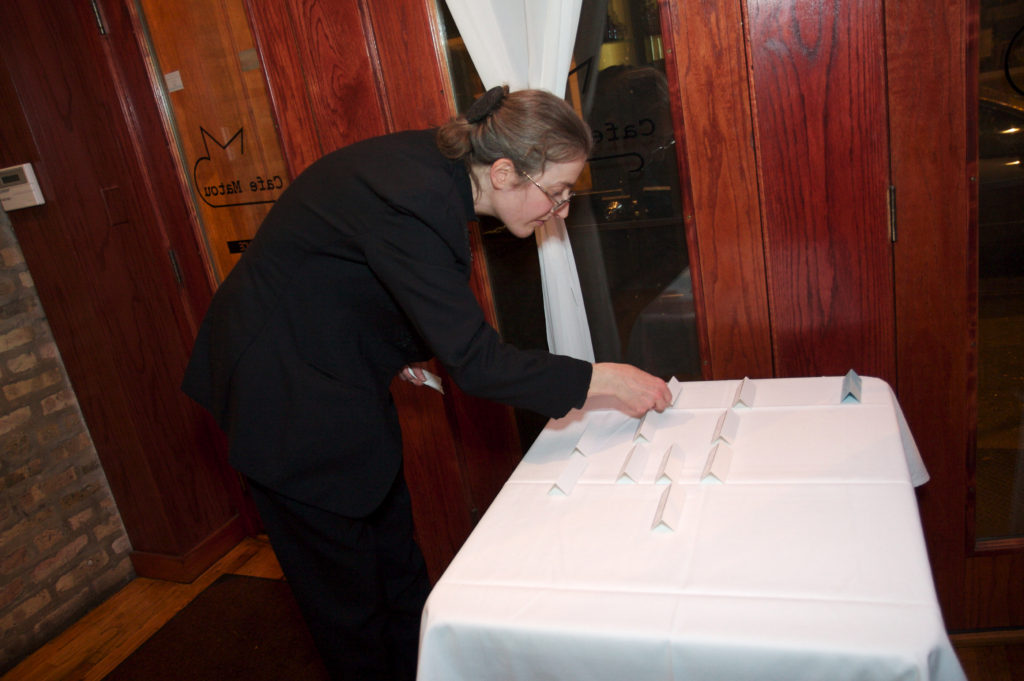
It’s not a new photo, but my attitude hasn’t changed: I’m being calm here. Photo courtesy of Artisan Events, Inc.
Here’s a funny story from last year’s wedding season. I was introduced to the brother of one of the brides before the ceremony began. I had been doing my thing for a couple of hours already, and everything was in place when I had the chance to stop and meet him. We shook hands, and when he found out what my role was he said, “You’re the planner?? But you’re so calm!”
I’m not entirely sure how he thought I should behave. Maybe there’s a stereotype of a wedding planner who runs around chaotically looking flustered. (I’ve never run into one who behaves that way in real life.) But he certainly said it in an approving way, which was quite flattering.
So, I said to him, “Well, yes, I am calm. If I’m not calm, then no one else is going to be calm, either. If I’m running around in a tizzy, everyone else is going to be feeling unsettled, too.” He nodded and agreed, although it was clear he hadn’t thought of it that way before.
I really do taking being calm seriously when I’m on site for a wedding. There are a lot of emotions packed into a wedding day, and people can be on edge. Someone has to be the anchor and the ground wire for all of that, and that’s what I try to be. (Professional officiants are also really, really good at this.)
And there are a lot of moving parts that sometimes people worry about. As one of my clients said one time, “We have outsourced all our worrying to Lisa.” I loved that! Yes, you can outsource your worrying to me. I won’t worry; I’ll just take care of stuff for you so no one has to worry. That’s my job. And I’ll be very, very calm, while I’m doing it, too.

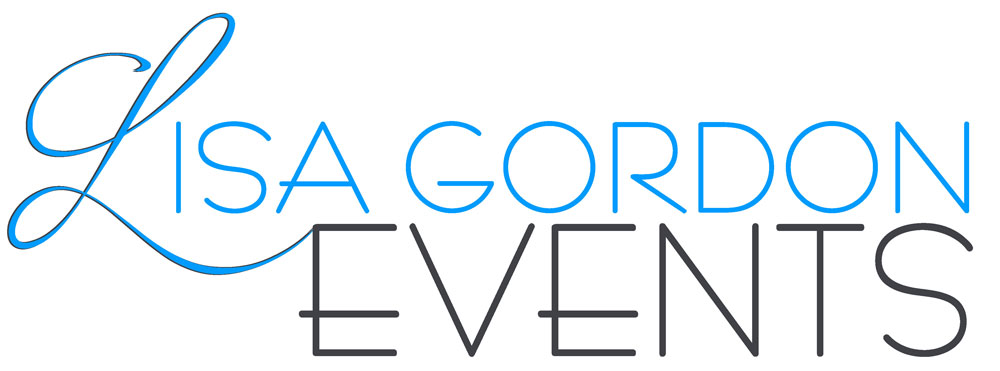





Recent Comments